The Canadian car market is a beast of its own. We are a country of long highways, harsh winters, and massive spaces between cities. While electric vehicles are gaining traction, they have not yet dominated, partly because current EVs still make some Canadians anxious about range. But imagine an EV that could travel 1000 real world miles on a single charge, in all seasons and all weather. That would change everything. Here are 10 things that could happen if that dream became reality.
Gas Stations Would Start Reinventing Themselves

Fewer people pulling up for fuel would leave gas stations scrambling to reinvent their business. You would likely see even more locations focusing on food, coffee, and convenience, turning themselves into hybrid rest stops with solar panels on the roof and fast chargers replacing pump bays. Expect more gourmet snacks, better lighting, and maybe even seating areas where you can charge your laptop while your car tops up. In remote areas, some stations might disappear entirely, especially if the local traffic dries up.
The Used Car Market Would Get Flipped on Its Head
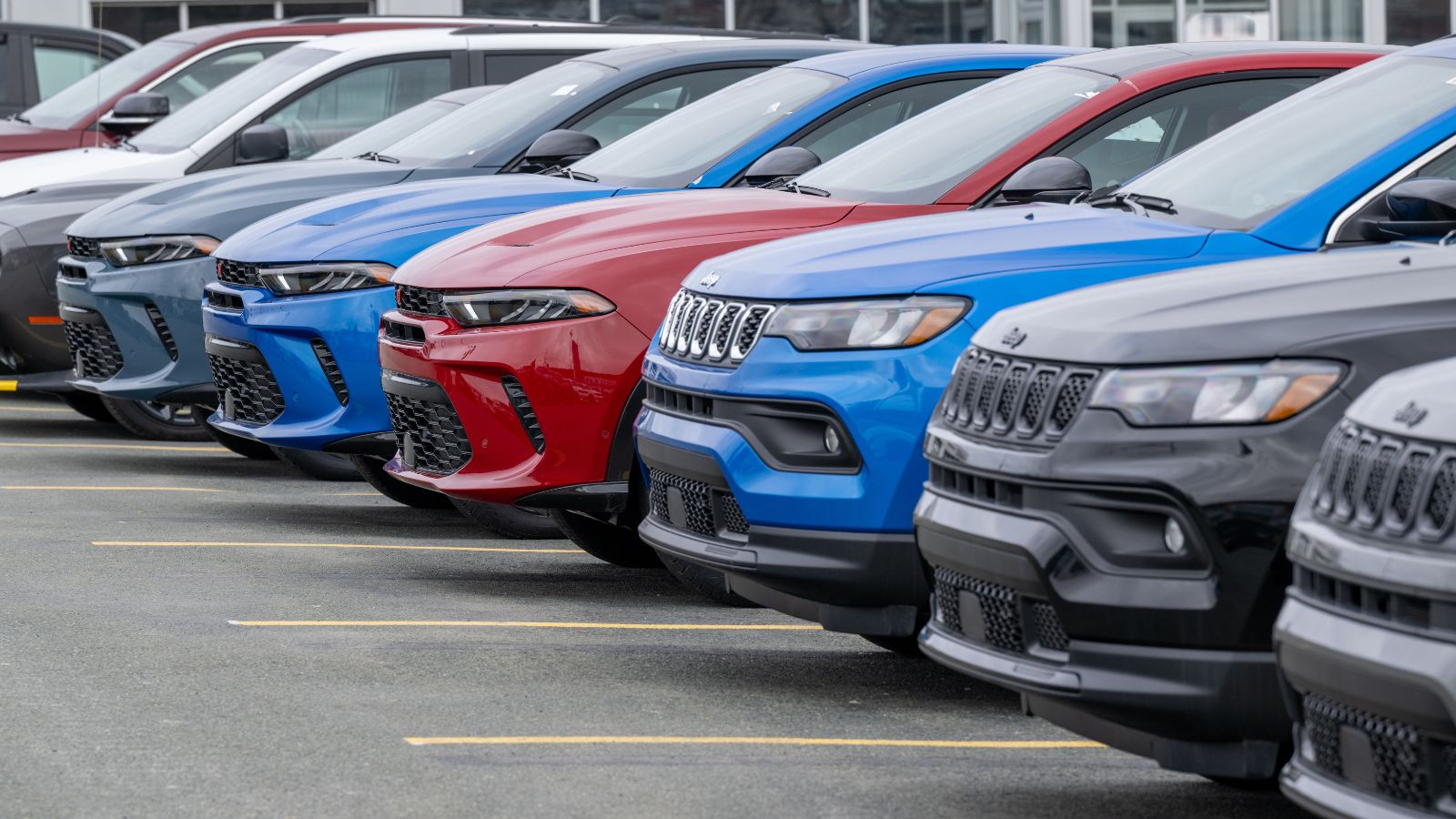
A 1000-mile range EV would instantly make older short-range models feel outdated. That 2015 EV with a 120 mile range might become as unwanted as a scratched CD. Even relatively new EVs with 250 to 300 miles would feel less desirable. The price gap between used and new might widen dramatically as buyers would demand the newest long range tech. Gas-powered cars could also take a hit, since one of their biggest selling points, which is long-distance convenience, would vanish overnight.
Cross Country Road Trips Would Go Fully Electric

The idea of driving from Calgary to Halifax without a single stop to charge would have seemed absurd just a few years ago. But with 1000 miles of range, Canadians could actually make those trips with ease. This would open up electric travel to regions that were previously no go zones for EVs. Road trip planning would no longer revolve around charging apps and backup plans. It could finally feel like driving a regular car, but better, and quieter.
Dealerships Would Need a Crash Course in EVs

If there is one thing buyers know, it is that many car salespeople are still catching up when it comes to electric vehicles. A new wave of ultra long range EVs would force dealerships to up their game. Staff would need to understand battery degradation, charging speeds, and home charging solutions and explain these features in plain English. Test drive procedures would change, maintenance departments would shift training priorities, and the days of “just top up the gas” would become ancient history.
Highway Cruisers Would Lose Their Unique Edge
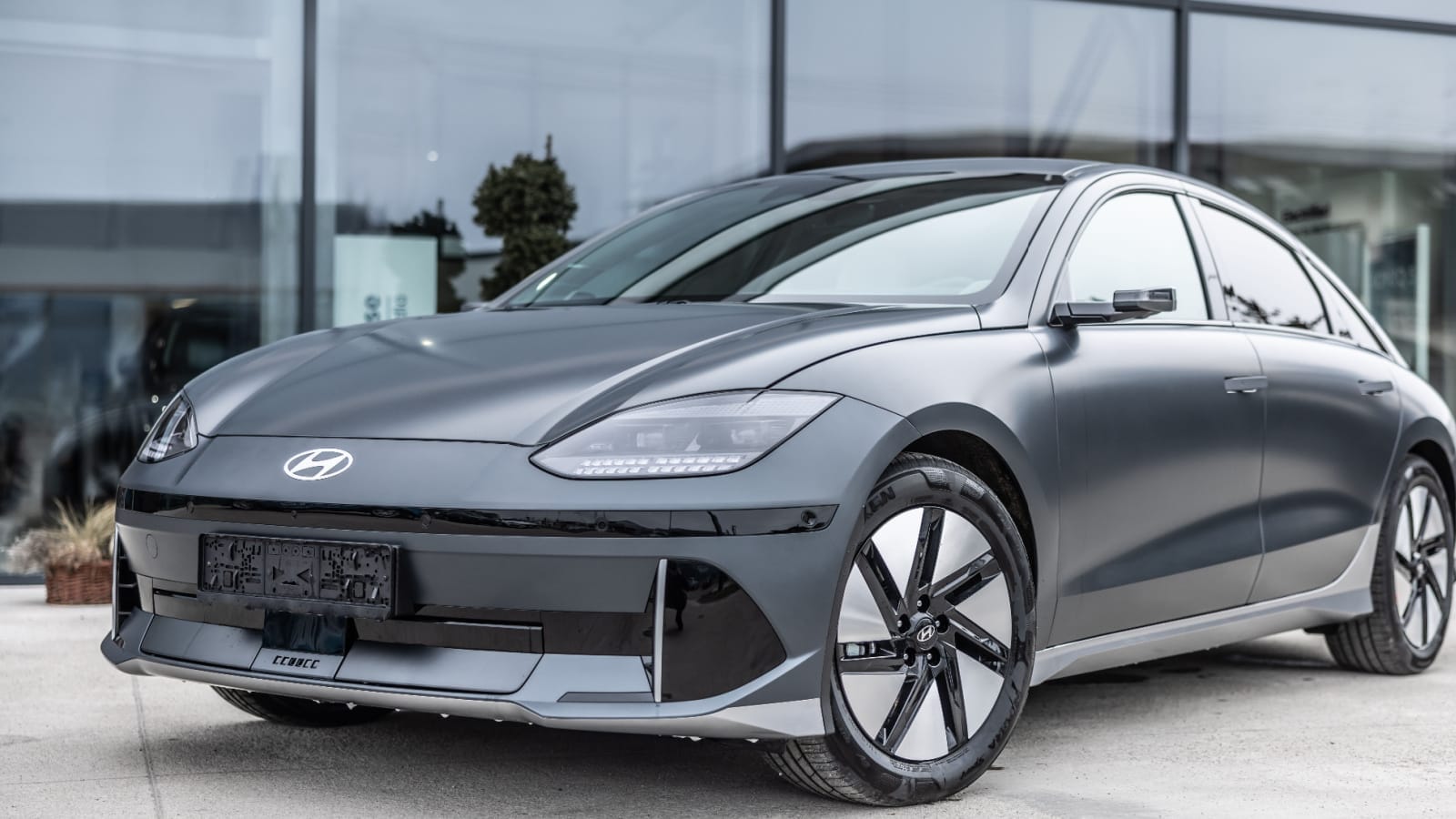
Luxury sedans and long range gas cruisers have always claimed superiority when it comes to covering vast distances. That advantage might disappear entirely if even a compact EV hatchback could quietly eat up 1000 miles without needing to stop. Suddenly, your cross country machine could be something that costs a fraction of a premium German saloon and still offers more range, less noise, and fewer emissions. This could push traditional luxury brands to rethink what makes a vehicle feel special.
Winter Driving Would No Longer Be the Weak Point
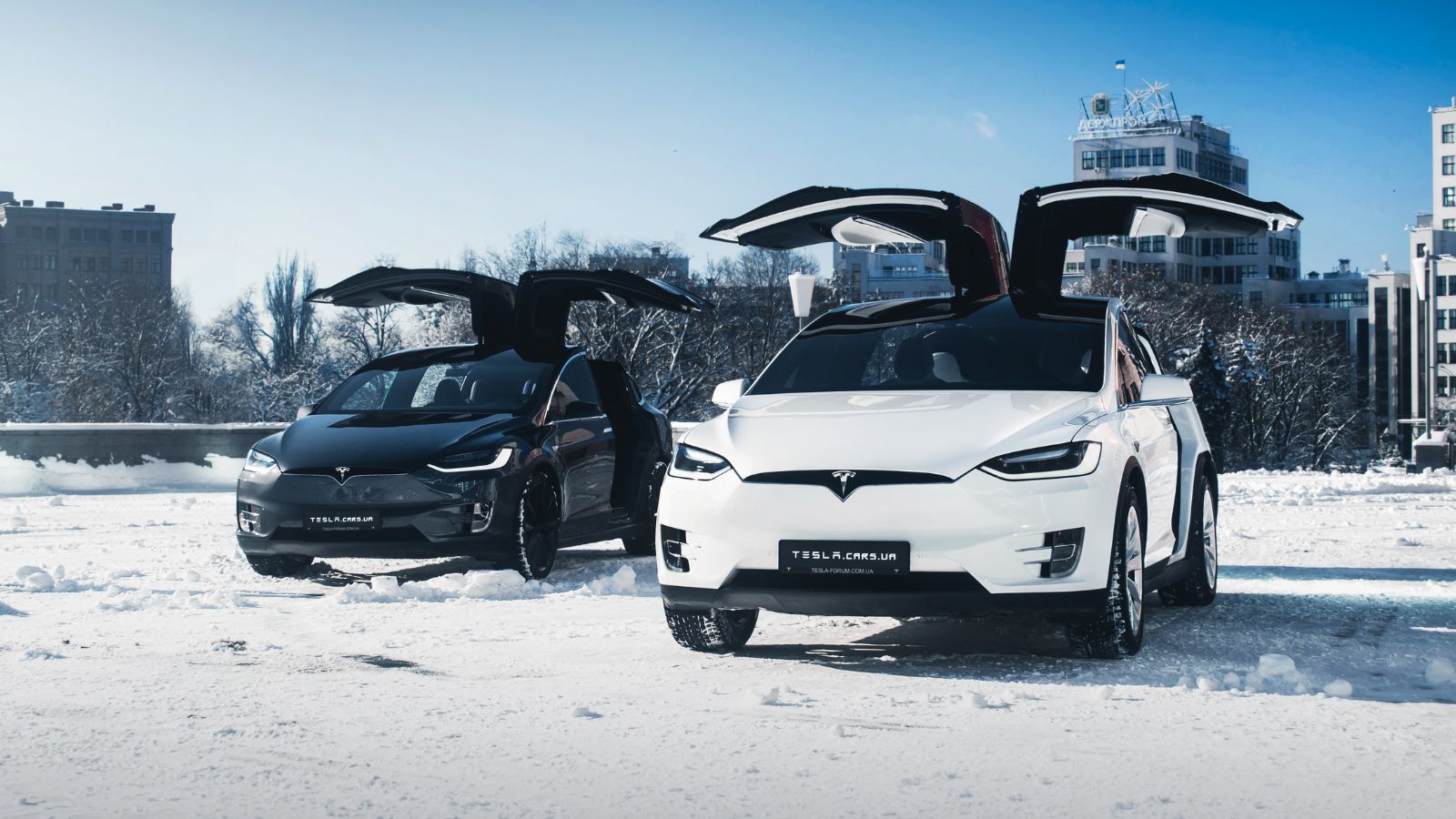
One of the main drawbacks of EVs in Canada is that battery performance is negatively affected in the cold. But if you are starting with 1000 miles of range, then even a brutal deep freeze might still leave you with 500 miles of usable distance. That is more than enough for most drivers, even on a long ski weekend in Quebec or an icy detour through rural Alberta. For the first time, range anxiety in winter could become a non-issue, allowing Canadians to trust their EVs year-round.
Plug In Hybrids Could Become Irrelevant
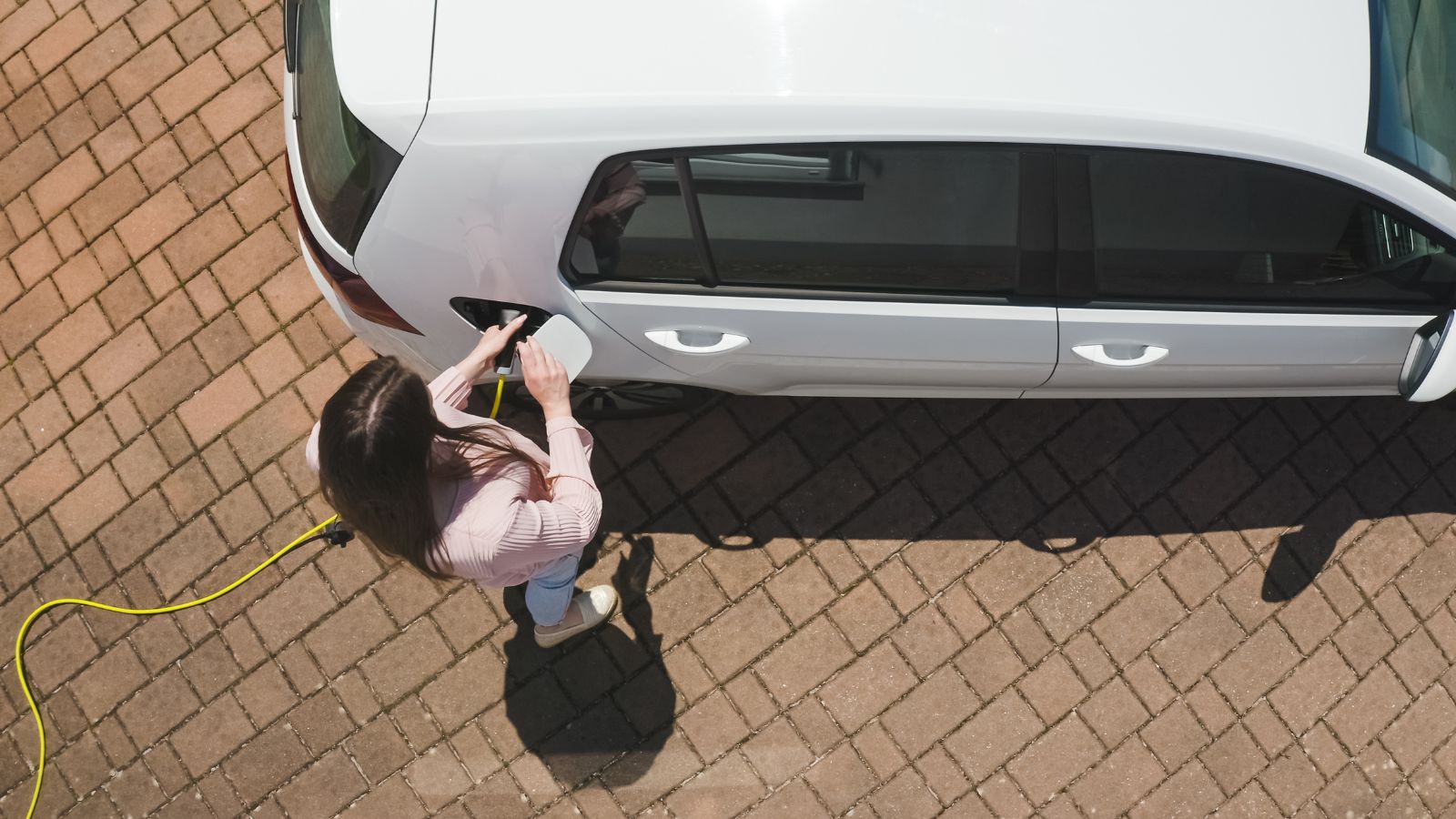
Plug in hybrids exist to give you a little electric range and a gas engine backup. They are great for people with short commutes who still want flexibility. But if fully electric cars can travel over 1000 miles, the plug in hybrid starts to look like a middle solution that is no longer needed. Manufacturers would likely stop investing in plug in platforms, and the market would shift to pure electrics or simple hybrids for those not ready to go fully electric.
Oil Demand in Canada Could Drop Significantly

Canada is a resource rich nation, and oil has long been a big part of our economy. But if people no longer needed to refuel often, or at all, oil demand could see a serious drop. This would not happen overnight, but the trend would be impossible to ignore. Fewer gas purchases would mean lower fuel tax revenue, changes to refinery operations, and a shift in economic focus. Provinces that rely heavily on oil and gas might need to plan ahead for a very different future.
Rural Canada Could Join the EV Revolution
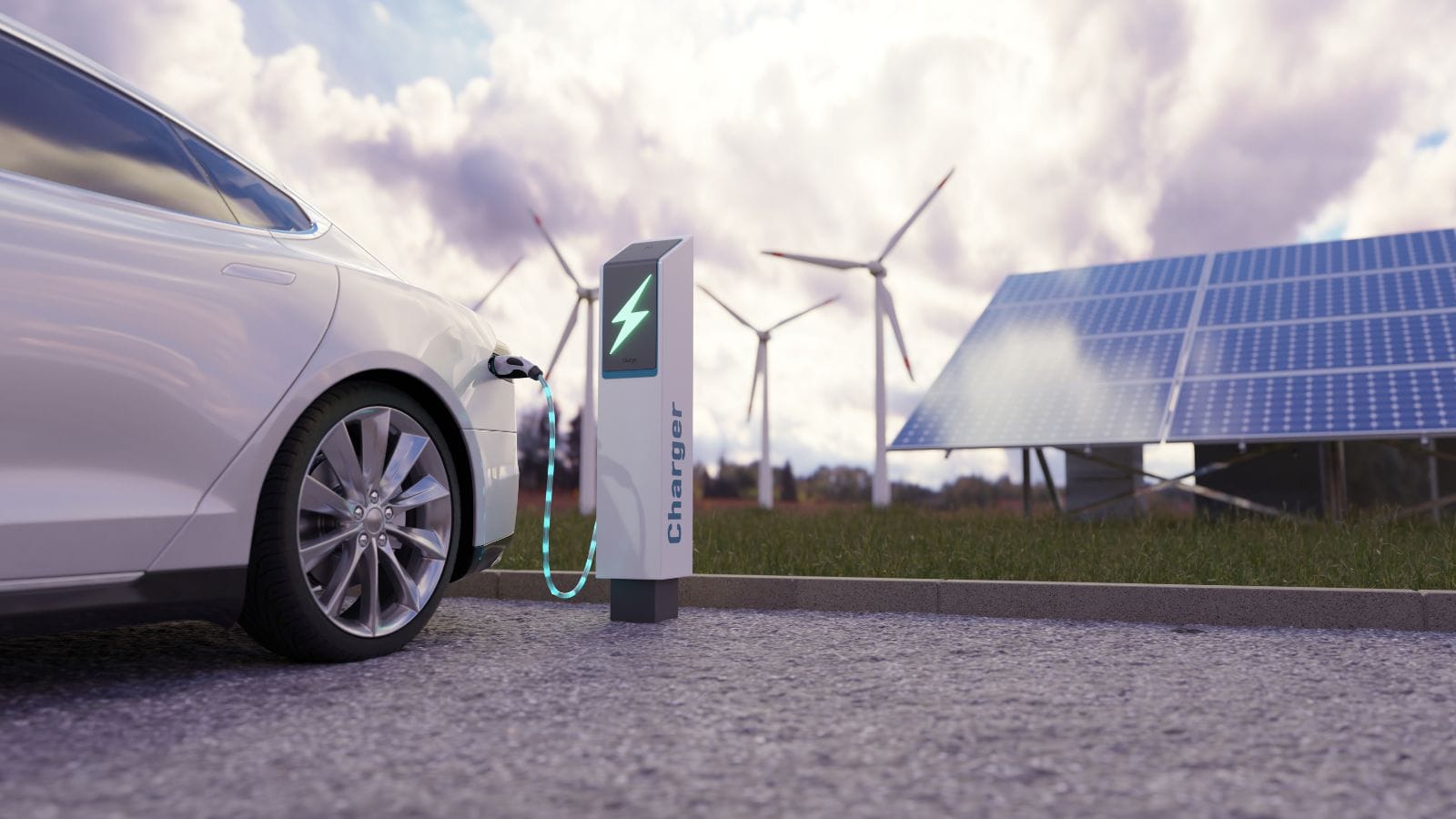
Today, many EVs are clustered in cities like Toronto, Vancouver, and Montreal, where charging is more available and distances are shorter. But with enough range to drive across provinces without stopping, rural drivers would finally be in a position to make the switch. You could live in Thunder Bay, Prince George’s, or Whitehorse and own an EV without worry. Charging infrastructure would still need to improve, but demand from these regions would finally justify the investment.
Car Enthusiasts Might Start Paying Attention
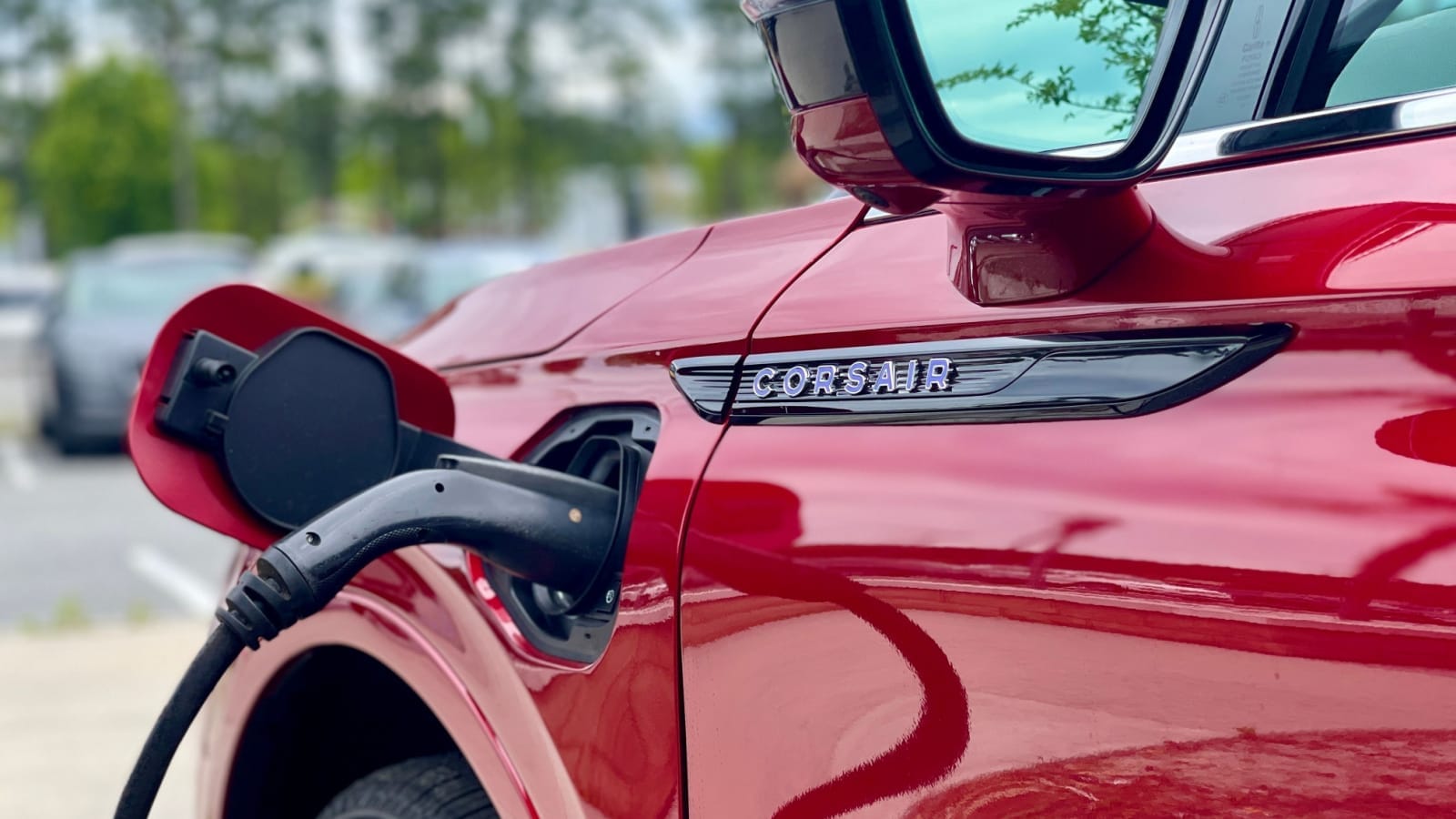
For many years, EVs were seen by gearheads as soulless transportation appliances. That opinion has already started to shift, but 1000 mile range models could be the tipping point. When even the most stubborn V8 fan sees that an EV can drive coast to coast without effort, haul serious speed, and cost next to nothing in maintenance, interest is bound to grow. Performance EVs would get more love at car shows, track days, and maybe even the odd burnout contest.
Airlines Might Start Feeling the Heat

One surprise twist could be the effect on short haul air travel. If you can drive 1000 miles on one charge in comfort and silence, some people might skip the airport altogether. That drive from Toronto to Thunder Bay or from Calgary to Regina suddenly looks a lot more appealing when you can do it on cheap electricity and avoid security lines. Over time, this could create pressure on regional airlines to justify their carbon output and pricing.
The EV Pickup Market Would Explode
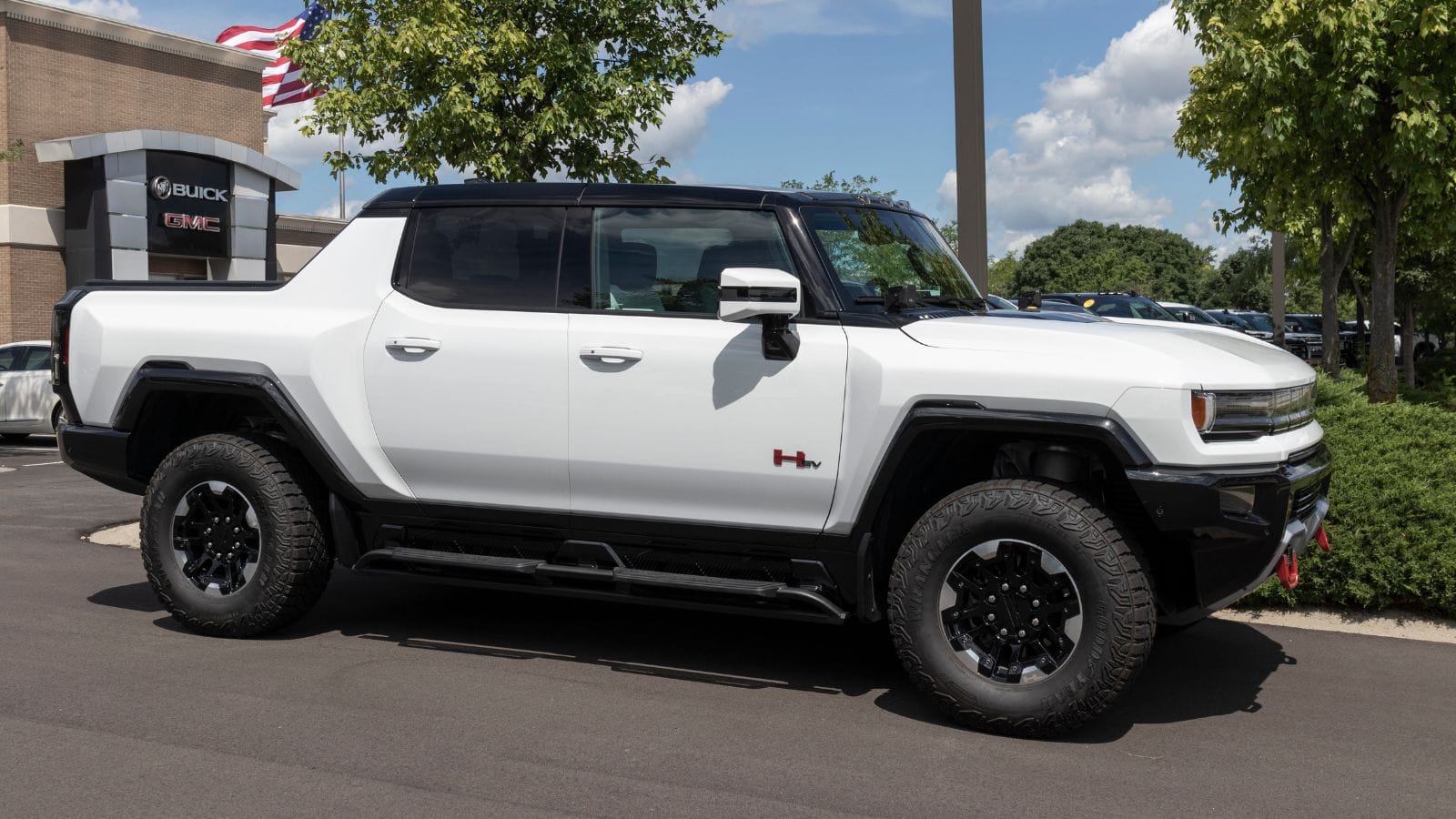
Canadian truck buyers are skeptical by nature. They want towing capacity, cargo room, and range that matches long drives to remote worksites or fishing cabins. Until now, most EV pickups could not deliver on range. But if electric trucks start showing 1000 miles of real world capability, the game would change. Expect farmers, tradespeople, and even off grid cabin owners to start thinking differently about what a truck should be.
Auto Industry Jobs Would Be Forced to Evolve
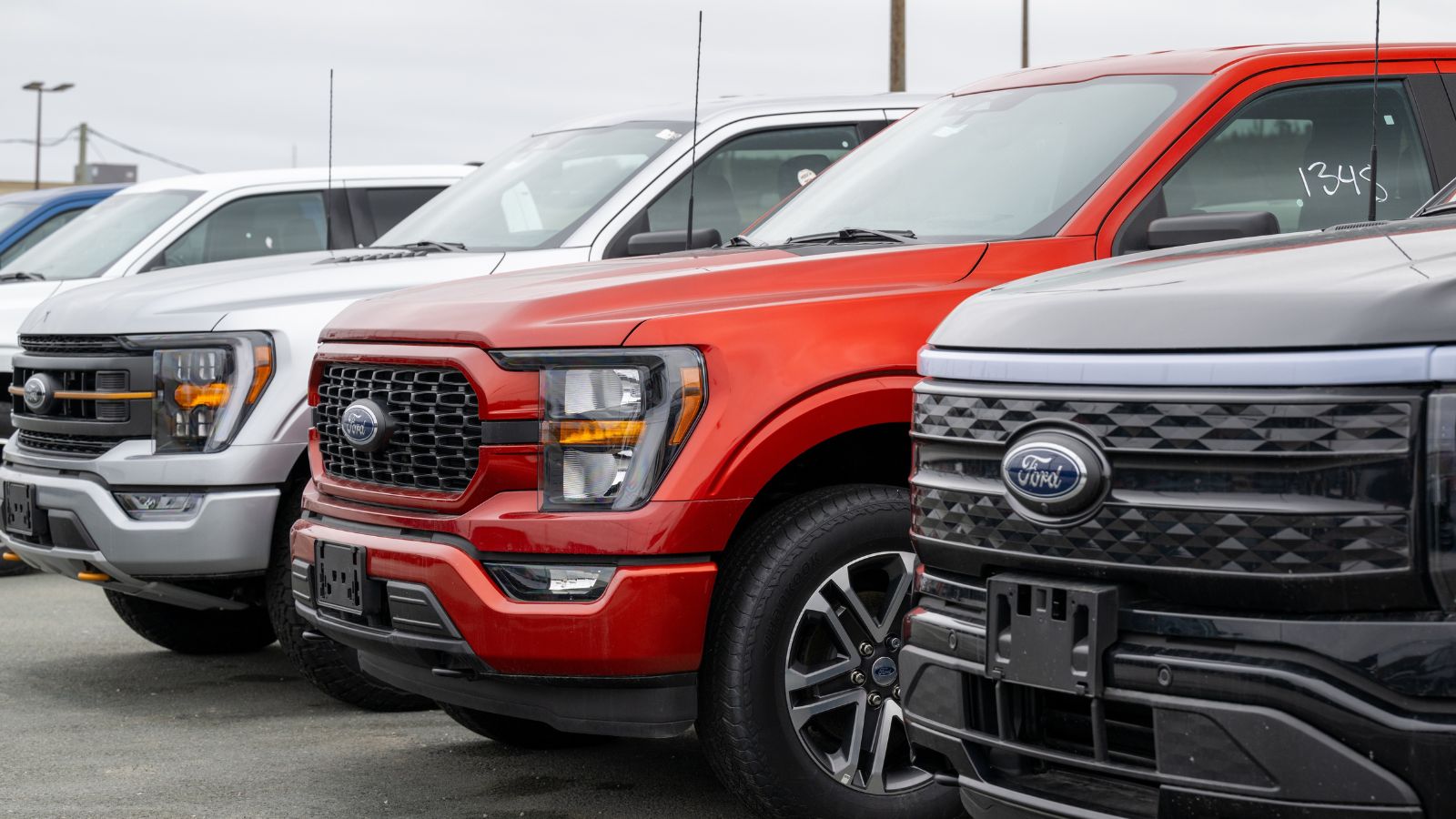
A longer range EV fleet would mean fewer moving parts, fewer oil changes, and lower service requirements. That could impact mechanics, dealerships, and auto parts suppliers across Canada. At the same time, new jobs would be created in battery technology, software support, and electric drivetrain maintenance. It would not be the end of the car repair industry, but it would be a shift that would need retraining and a fresh approach to service.
25 Facts About Car Loans That Most Drivers Don’t Realize

Car loans are one of the most common ways people fund car purchases. Like any other kind of loan, car loans can have certain features that can be regarded as an advantage or a disadvantage to the borrower. Understanding all essential facts about car loans and how they work to ensure that you get the best deal for your financial situation is essential. Here are 25 shocking facts about car loans that most drivers don’t realize:
25 Facts About Car Loans That Most Drivers Don’t Realize
